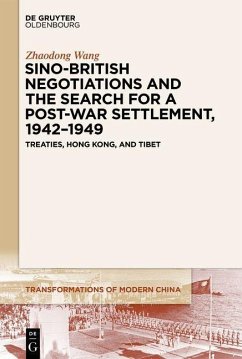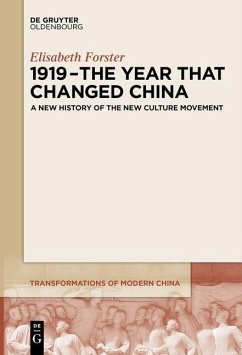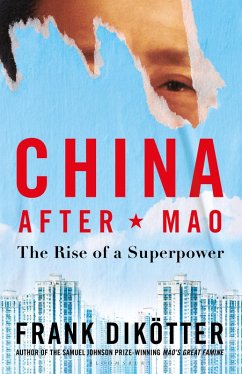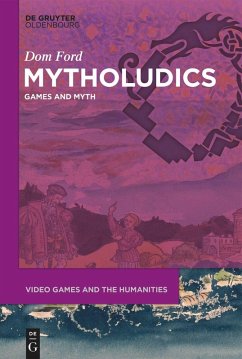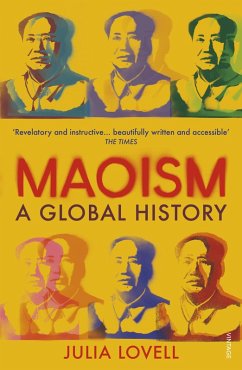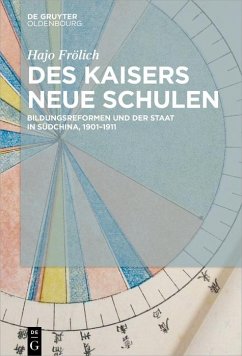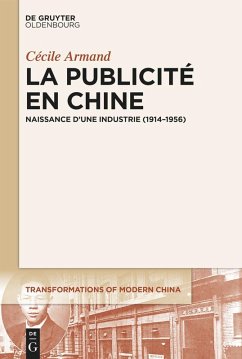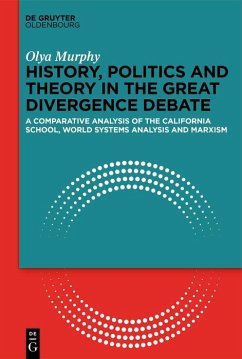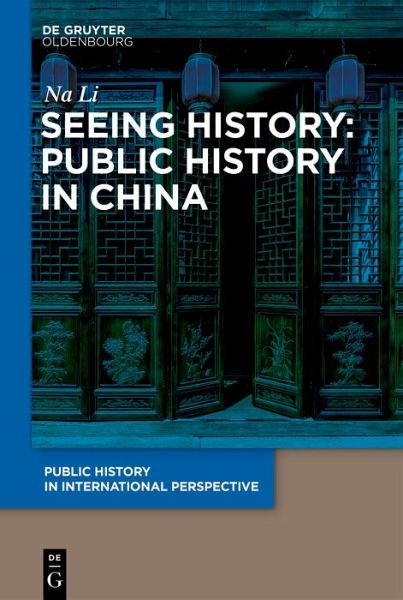
Seeing History: Public History in China (eBook, ePUB)
Versandkostenfrei!
Sofort per Download lieferbar
80,95 €
inkl. MwSt.
Weitere Ausgaben:

PAYBACK Punkte
40 °P sammeln!
When public history was imported from the United States to China around the turn of the twenty-first century, it was introduced as a sub-field within history, and has developed along that path ever since. Professional historians in China, even some forward-looking ones, see public history as merely presenting a change in the patterns of participation in history-making. This book offers a sharply different view.It contends, essentially, that public history represents more than a research domain within history or within any existing discipline, nor does it fit into any established narratives, bu...
When public history was imported from the United States to China around the turn of the twenty-first century, it was introduced as a sub-field within history, and has developed along that path ever since. Professional historians in China, even some forward-looking ones, see public history as merely presenting a change in the patterns of participation in history-making. This book offers a sharply different view.
It contends, essentially, that public history represents more than a research domain within history or within any existing discipline, nor does it fit into any established narratives, but rather, a fundamental change of the entire process of history-making in China. In this process, the public is prosuming history. Public history makes obsolete the old structure for building and acquiring historical knowledge: it challenges the old assumptions, supersedes the rigid academic hierarchy, and stirs the imaginations of the multitudes. With an assemblage of case studies, this work makes a case for a system view of public history making, or public history(ing), and launches a concept, complex public history, i.e. public history(ing) as complex adaptive systems.
It contends, essentially, that public history represents more than a research domain within history or within any existing discipline, nor does it fit into any established narratives, but rather, a fundamental change of the entire process of history-making in China. In this process, the public is prosuming history. Public history makes obsolete the old structure for building and acquiring historical knowledge: it challenges the old assumptions, supersedes the rigid academic hierarchy, and stirs the imaginations of the multitudes. With an assemblage of case studies, this work makes a case for a system view of public history making, or public history(ing), and launches a concept, complex public history, i.e. public history(ing) as complex adaptive systems.
Dieser Download kann aus rechtlichen Gründen nur mit Rechnungsadresse in A, B, BG, CY, CZ, D, DK, EW, E, FIN, F, GR, HR, H, IRL, I, LT, L, LR, M, NL, PL, P, R, S, SLO, SK ausgeliefert werden.




